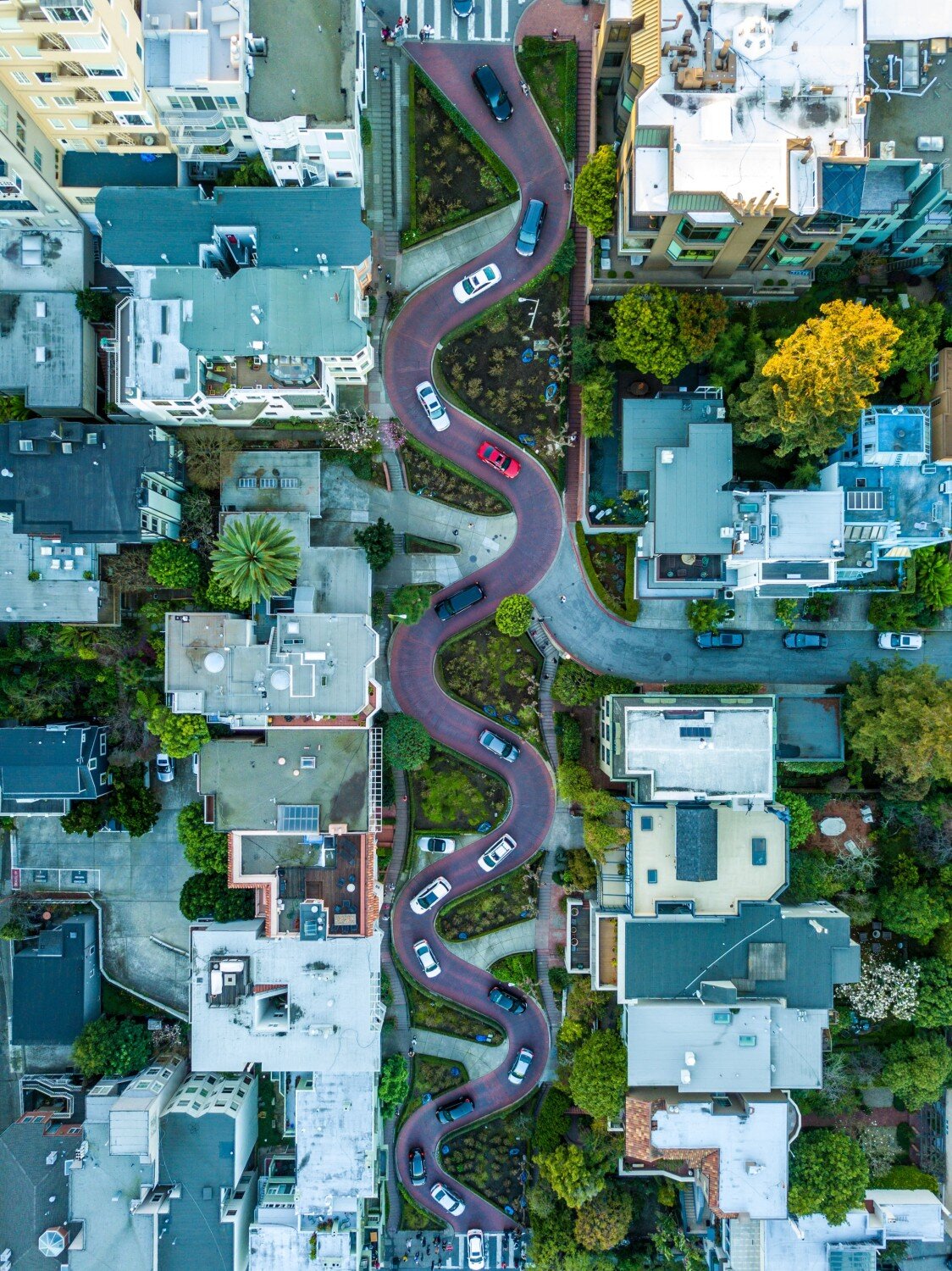COVID-19: When Possible becomes Inevitable.
It goes without saying that we live in uncertain times. The novel coronavirus has ushered in widespread anxiety. Talk of global recession and a drastically different ‘new normal’ for individuals and businesses alike dominates the news. This may all be true. But with global dislocations come new opportunities as well as unexpected endings.
Crises like COVID-19 directly impact our sense of the ‘adjacent possible’ – our instinctive perception of what’s normal and what’s long away in the future. Our intrinsic feeling of fit and rightness is being challenged by the forced need to accelerate our adoption of new behaviours. Our personal gauge of what’s acceptable and normal isn’t uniform: adjacent possibles vary wildly throughout society, from generation to generation, region to region, even between different walks of life. In reality, each of us is a mixed-up soup of conflicting possible – I’m happy to share personal data with Facebook, but not to give it to my insurer. I’m happy that my fitness device shares data to the cloud, but heaven forbid my bank encourage me to hand over my data through open banking.
History has shown us that four things shift our adjacent possible. The first is People: societal evolution, as generational expectations and norms evolve, is the slowest of the three. Politicians, setting or releasing constraints on behaviour, have the power to unlock a more substantial door to tomorrow. But if you really want to move the world forward, you need to look at pioneers. Visionaries and game-changers are as often corporate leaders as they are entrepreneurs. In both cases, by the force of their conviction and the momentum of their investment they smash through established boundaries. Designing beyond the immediate future and pulling customers along with them can and will bring the future nearer. Think market-defining companies like Tesla, Fidor or Google.
But there’s a fourth P that is highly predictable, but highly uncertain. Perhaps once or twice in a generation, non-linear pandemics intervene to force the hand of politicians, pioneers and society. COVID-19 is one such example. These events force us into new patterns, necessitate the adoption of alternatives, make us run screaming through discomfort. The laggards are forced, not invited, to stop. The early movers prove the value of their investment through which their edge-case becomes the new normal. A new boundary is formed. This boundary isn’t about new technologies, digitising legacy or incrementalism. It’s about fundamental shifts. Yesterday’s adjacent possible is suddenly the new normal.
The future casts a long shadow. The evidence shows that technology and services tend to hang around for a while before they’re fully exploited. The future itself is really rather predictable, but the timing of it much more fickle. So it is now. Years of occasional flexible working, often only reluctantly allowed by employers, has paved the way for mass remote working during the outbreak. Social expectations, technology, contract law, and work: life balance have long provided the ingredients for this work-from-home revolution, but it’s has taken force to make it happen for the masses.
In 2008, things seemed as dire as they do now. But out of the financial crisis emerged some of today’s most exciting companies. Uber, Airbnb, Slack, WhatsApp, TransferWise and Venmo were all founded within two years of the financial crash. If past examples provide a good predictor for what might happen this time around, I feel excited about the ambitious businesses that will emerge out of this crisis. Grateful that a big jolt to the system will stop us peering backwards to protect legacy, and instead make us hungry to pioneer once again.
But what of the impact on existing big businesses? Most have been tracking and evaluating critical uncertainties to minimise their risk and prepare for disruption for years. But these lenses have been too myopic, too local, indulgently parochial.
The COVID-19 crisis shows that it doesn’t matter how predictable and likely something is – it’s whether you’ve bothered to pay attention, whether you’ve looked beyond the comfort of today’s P&L, whether you’ve embraced disruption as a friend to drive agile mindset, processes and a pioneer philosophy.
Most businesses have been running tactical strategy for far too long, slave to trading cycles and constrained by unquestioning adherence to customer voice. Apps, hacks, and labs all have their place, but innovation theatre doesn’t build the future. Existential events like the COVID-19 crisis force us to do that. Pioneers do that by their restless nature, by recognising that the future is different and readying themselves to win beyond the comfort of today’s playground.
Our country is full of fine businesses. Now, more than ever, we need them to build a better future. Let’s not manage our businesses for incremental growth anymore. We desperately need boards and leaders across the country to shift their mindsets and become pioneers.
It’s the only way to rapidly rebuild after a crisis. It’s also the best way to prepare for the next one.



